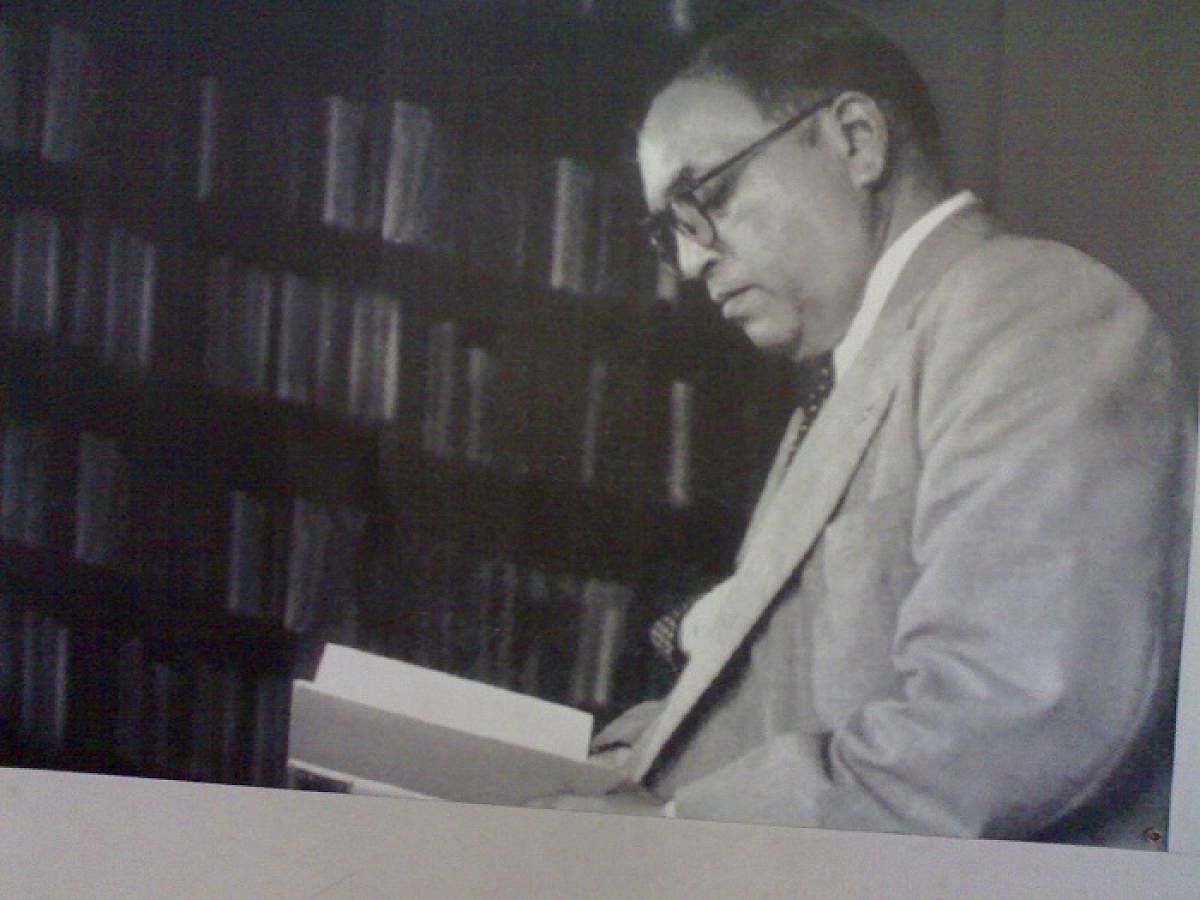The recent political crisis in Rajasthan and the impasse between the Rajasthan Governor and the elected government has brought to fore questions on constitutional machinery in the country. This instance of a tussle with the Governor is one among many recent instances where the need for the office of the Governor itself has been questioned. While that is a debatable issue in itself, this piece seeks to analyse the development of democracy in India since Independence in 1947 in light of the warnings and exhortations of BR Ambedkar, the father of the Constitution.
Ambedkar had advised us to use constitutional methods to achieve social, economic and political goals. At the same time, Ambedkar was mindful of the Indian ways. He had cautioned us that if we fail, it would be only because of the quality of the people implementing the Constitution and not because of the Constitution itself. The Constitution, he said, is only as good as the people implementing it. He urged everyone to develop a culture of compliance with the Constitution, which he referred to as ‘constitutional morality,’ perhaps the first one to do so in the Indian context.
In his opinion, constitutional morality was “a paramount reverence for the forms of the Constitution, enforcing obedience to authority and acting under and within these forms, yet combined with the habit of open speech, of action subject only to definite legal control, and unrestrained censure of those very authorities as to all their public acts combined, too, with perfect confidence in the bosom of every citizen amidst the bitterness of party contest that the forms of Constitution will not be less sacred in the eyes of his opponents than his own.” Ambedkar reminded us that democracy was merely top-dressing on an India whose ways were essentially undemocratic. He also cautioned us that if we failed, we would have no one to blame but ourselves.
Binding on Governor
In a parliamentary democracy such as India’s, the President and the Governors act on the ‘aid and advice’ of the elected government even though all government functions are carried out in their name. Under Article 174 of the Constitution, the Governor of a state is empowered to summon each House of the Legislature to meet at such time and place ‘as he thinks fit’. While this may seem to confer a discretion on the Governor, a five-judge Constitution Bench of the Supreme Court in Nabam Rebia and Bamang Felix vs Deputy Speaker and Ors had authoritatively settled that the Governor is bound to act on the ‘aid and advice’ of the elected government. The Governor cannot refuse to call the House of the Legislature to meet when ‘aided and advised’ by the elected government. The only limited discretion that the Governor has is in calling the House of the Legislature, without the ‘aid and advice’ of the elected government, to order a floor test when it might appear that the elected government has lost majority.
In the context of Rajasthan, the state witnessed a desperate attempt to topple the elected government. The elected government, through its Council of Ministers headed by the Chief Minister, ‘aided and advised’ the Governor of Rajasthan to summon the Legislature. However, the Governor refused to summon the House on grounds of Covid-19 pandemic situation and demanded that a 21-day prior notice be given by the elected government to the Governor before asking him to summon the Legislature.
The actions of the Governor are in complete violation of the law laid down by the Supreme Court. It was alleged that the Governor had refused to summon the House to prevent the elected government from calling a floor test and determining the defection of a few legislators. Hence, the Governor is involved in political activities, which the Supreme Court had condemned in Nabam Rebia and Bamang Felix vs Deputy Speaker and Ors. “The Governor must remain aloof from any disagreement, discontent or dissension, within political parties… The Governor must keep clear of any political horse-trading, and even unsavoury political manipulations”. The principles of constitutional democracy demand that the Governor follow the law of the land as laid down by the Supreme Court and act in a manner befitting the high constitutional office that he holds.
It is evident that while the law is quite clear and unambiguous, the Governor of Rajasthan has failed to comply with it. Constitutional ways of achieving political goals have not been adopted and unconstitutional means are still in use – the recent actions of Governors in Karnataka, Maharashtra, and now Rajasthan, have been criticised. Constitutional machinery has failed in the aforesaid instances, not because there was no procedure laid down in the Constitution but because the concerned constitutional functionary chose not to comply with it. It seems that the constitutional functionaries have failed to cultivate and imbibe the ‘constitutional morality’ that Ambedkar asked us to cultivate, despite the fact that India has been a constitutional democracy for over 70 years now.
In such a state of affairs, it is but obvious to question if India is still where Ambedkar and the Constituent Assembly left it, having gifted us a Constitution and having warned us that it was only as good as the people who would be called upon to work it. It is imperative that a conscious attempt is made to follow the Constitution by everyone alike, be it a citizen or a constitutional functionary as high as the Governor himself.
(The writer is a student at the National Law School of India University, Bengaluru)
